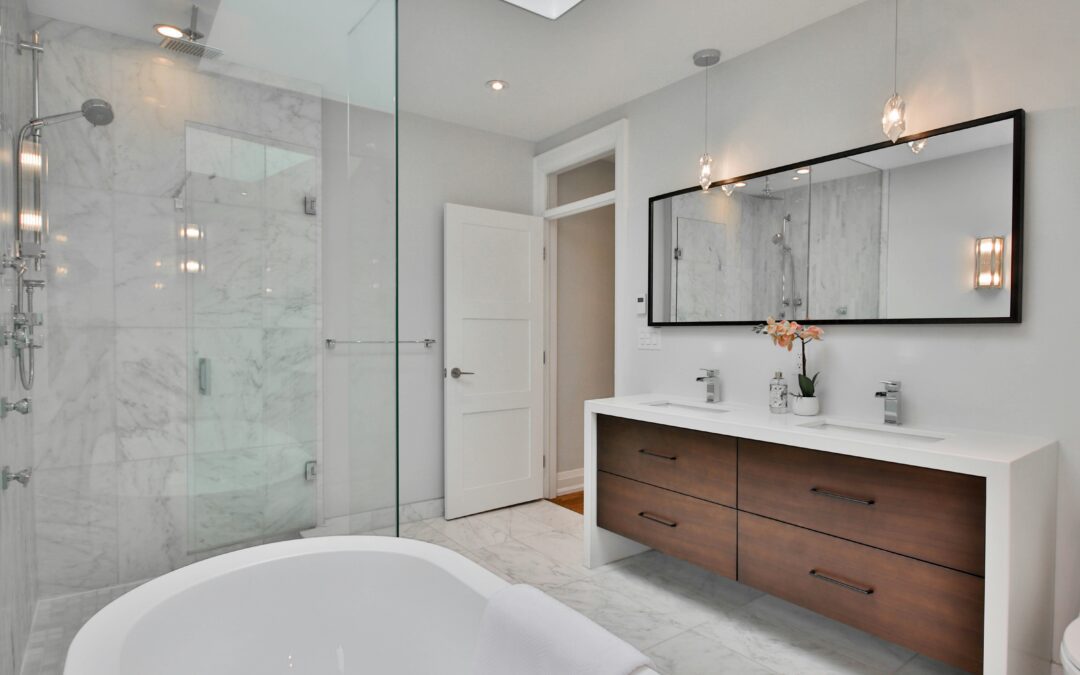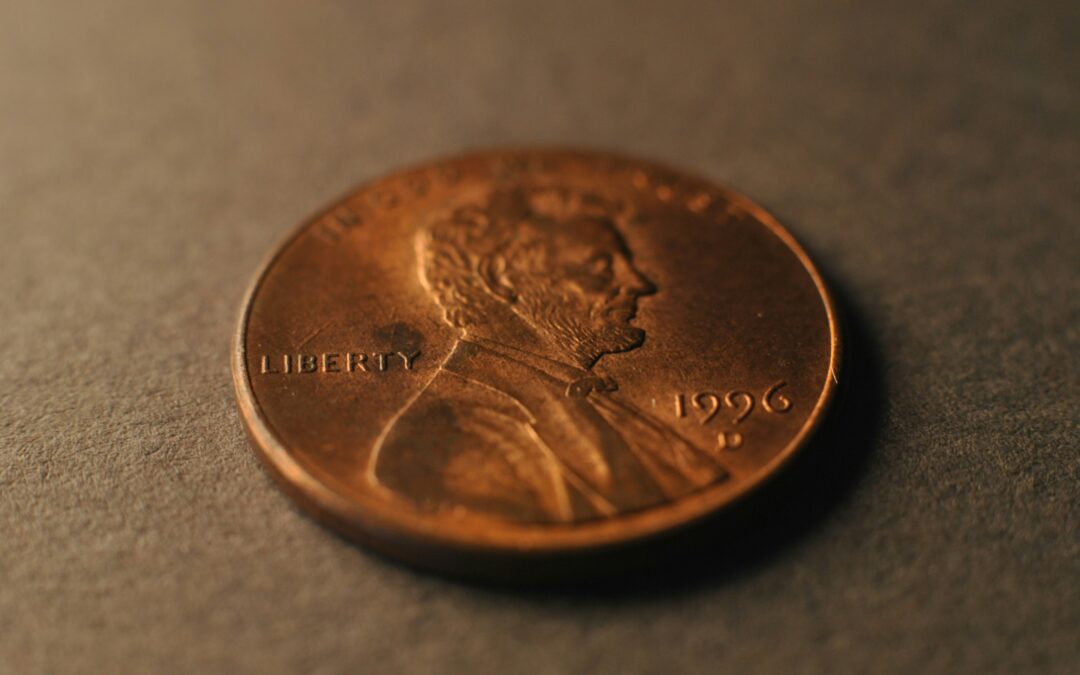From a health perspective, drinking clean filtered water is a fundamental step towards reducing exposure to harmful contaminants and optimizing your body’s essential functions, making it a truly foundational element for overall health.

Drinking Clean Filtered Water Is Important In Feng Shui
by The Feng Shui Place | Health Tips
While Feng Shui primarily focuses on the energetic flow and placement of water features in your environment to attract prosperity and harmony, the principle extends to the quality of the water you consume. Here’s why drinking filtered, clean water (amazon link) aligns with Feng Shui principles and offers significant health benefits:
Feng Shui Importance of Clean Water:
- Positive Chi Flow: In Feng Shui, stagnant or contaminated water is seen as “dead” energy, attracting negativity and hindering the flow of prosperity and well-being.
Conversely, clean, flowing water represents vibrant, life-giving chi. Drinking clean, pure water internally supports this positive flow within your own body, which is considered a microcosm of your environment. - Nourishment and Transformation: Water is the essence from which all life comes. When it’s clean and pure, it offers optimal nourishment and supports the body’s natural processes of transformation and healing. This aligns with Feng Shui’s goal of fostering health and vitality.
- Purity and Clarity: Just as clear water in a fountain symbolizes clear thought and pure intentions, drinking filtered water can be seen as purifying your internal system, leading to greater mental clarity and overall well-being.
- Preventing Stagnation (Internal and External): Stagnant water in Feng Shui is associated with disease and decline. Internally, a body that isn’t properly hydrated with clean water can experience stagnation of bodily fluids and functions. Drinking filtered water helps flush toxins, supporting the natural flow and cleansing of your internal systems, preventing “stagnation” within the body.
Health Benefits of Drinking Filtered Clean Water (Best Health Benefit of All):
From a purely scientific and health perspective, drinking filtered clean water offers numerous benefits, making it arguably one of the most impactful health choices you can make:
- Reduced Exposure to Contaminants: This is perhaps the most significant benefit. Tap water, even when treated, can contain a variety of contaminants such as chlorine, lead, pesticides, industrial chemicals, bacteria, viruses, and more.
Filtering water significantly reduces your exposure to these potentially harmful substances, which are linked to various health issues, including gastrointestinal illnesses, nervous system problems, reproductive issues, and certain cancers. - Improved Taste and Odor: Filtered water often tastes and smells better because it removes impurities like chlorine and sulfur.
This makes it more pleasant to drink, encouraging you to consume more water and stay adequately hydrated. - Increased Hydration: Because it tastes better, you’re more likely to drink enough filtered water throughout the day. Proper hydration is crucial for almost every bodily function, including:
- Maintaining energy levels.
- Supporting digestion and nutrient absorption.
- Regulating body temperature.
- Lubricating joints.
- Protecting sensitive tissues and the spinal cord.
- Flushing out toxins and waste.
- Improving skin health and appearance.
- Strengthened Immune System: By helping to flush out toxins and impurities, filtered water can support your immune system, enabling it to function more effectively against invading pathogens.
- Healthier Hair and Skin: Contaminants in unfiltered water can dry out and irritate skin and hair.
Drinking and using filtered water can lead to softer skin and shinier, more manageable hair. - Improved Kidney Function: The kidneys are vital for removing waste.
Drinking filtered water reduces the burden on these organs by minimizing the intake of harmful substances, helping them function effectively. - Support for Weight Management: Staying properly hydrated with filtered water can help curb cravings and prevent you from mistaking thirst for hunger, aiding in weight management.
- Better for Cooking and Beverages: Using filtered water for cooking and making beverages can enhance their flavor and aroma, while also ensuring you’re not adding contaminants to your food.
In summary, the importance of drinking filtered, clean water like using zero water (amazon link) aligns seamlessly with Feng Shui’s emphasis on clean, flowing energy and its positive impact on well-being. From a health perspective, it’s a fundamental step towards reducing exposure to harmful contaminants and optimizing your body’s essential functions, making it a truly foundational element for overall health.











